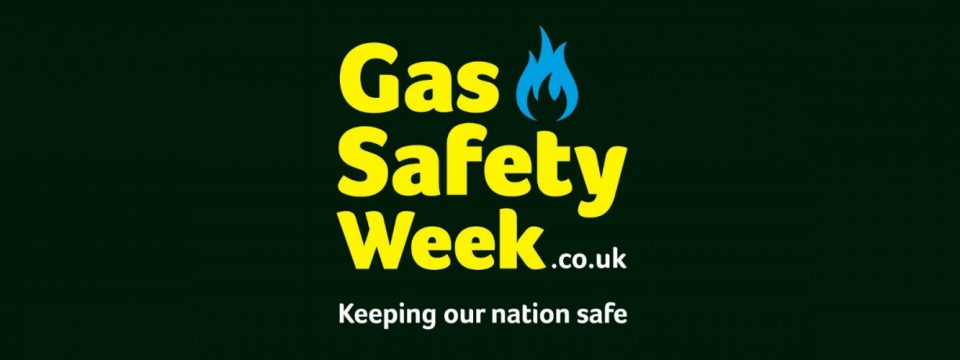We are proud to be supporting Gas Safety Week 2024, taking place 9th-15th September.
Gas Safety Week is an annual safety week to raise awareness of gas safety and the importance of taking care of your gas appliances. It is coordinated by Gas Safe Register, the official list of gas engineers who are legally allowed to work on gas.
The theme for 2024 is Checking—Every Check Counts; from getting an annual gas safety check, checking your engineer is Gas Safe registered and qualified for the work, to checking that you know what to do in a gas emergency, every check (no matter how big or small) helps to keep you gas safe!
Badly fitted and poorly serviced gas appliances can cause gas leaks, fires, explosions, and carbon monoxide (CO) poisoning. CO is a highly poisonous gas that can kill quickly and without warning, as you cannot see it, taste it, or smell it.
The law places duties on the responsible person (employer) at any place of work to ensure that any gas appliances, installation pipework and flues under their control, is maintained in a safe condition to prevent risk of injury. If this applies to you, you are duty-bound to do the following:
- Gas equipment must be installed, commissioned, and maintained by an appropriately qualified Gas Safe registered engineer. You may be required to provide evidence of this during an inspection by the Environmental Health Officer (EHO), so ask your Gas Safe registered engineer to provide you with the relevant paperwork. If the EHO does not receive evidence of ongoing maintenance or if there are any safety concerns, they may serve a formal notice stating what actions must be taken to comply with the law.
- Check the engineer is Gas Safe registered and appropriately qualified for the type of work you need doing. Not all Gas Safe registered engineers can work on all types of gas or appliances. The onus is on you to ensure that the engineer is qualified to work on your gas supply, as well as the type of gas appliances you have. For example:
| In a fish and chip shop, the engineer must be qualified to work on:
· Natural gas/LPG [depending on your supply] · Catering · Fish and chip range
|
In a mobile catering vehicle, the engineer must be qualified to work on:
· LPG · Commercial mobile catering · [the appliance type] – for example, commercial catering range cookers LPG
|
You can find or check a Gas Safe registered engineer in your area and check their qualifications at GasSafeRegister.co.uk.






 Featured Training
Featured Training
OUR MEMBERSHIP
We're here to help make your catering business a success. Whether that be starting up or getting on top of your compliance and marketing. We're here to help you succeed.
Want our latest content?
Subscribe to our mailing list and get weekly insights, resources and articles for free
Get the emails